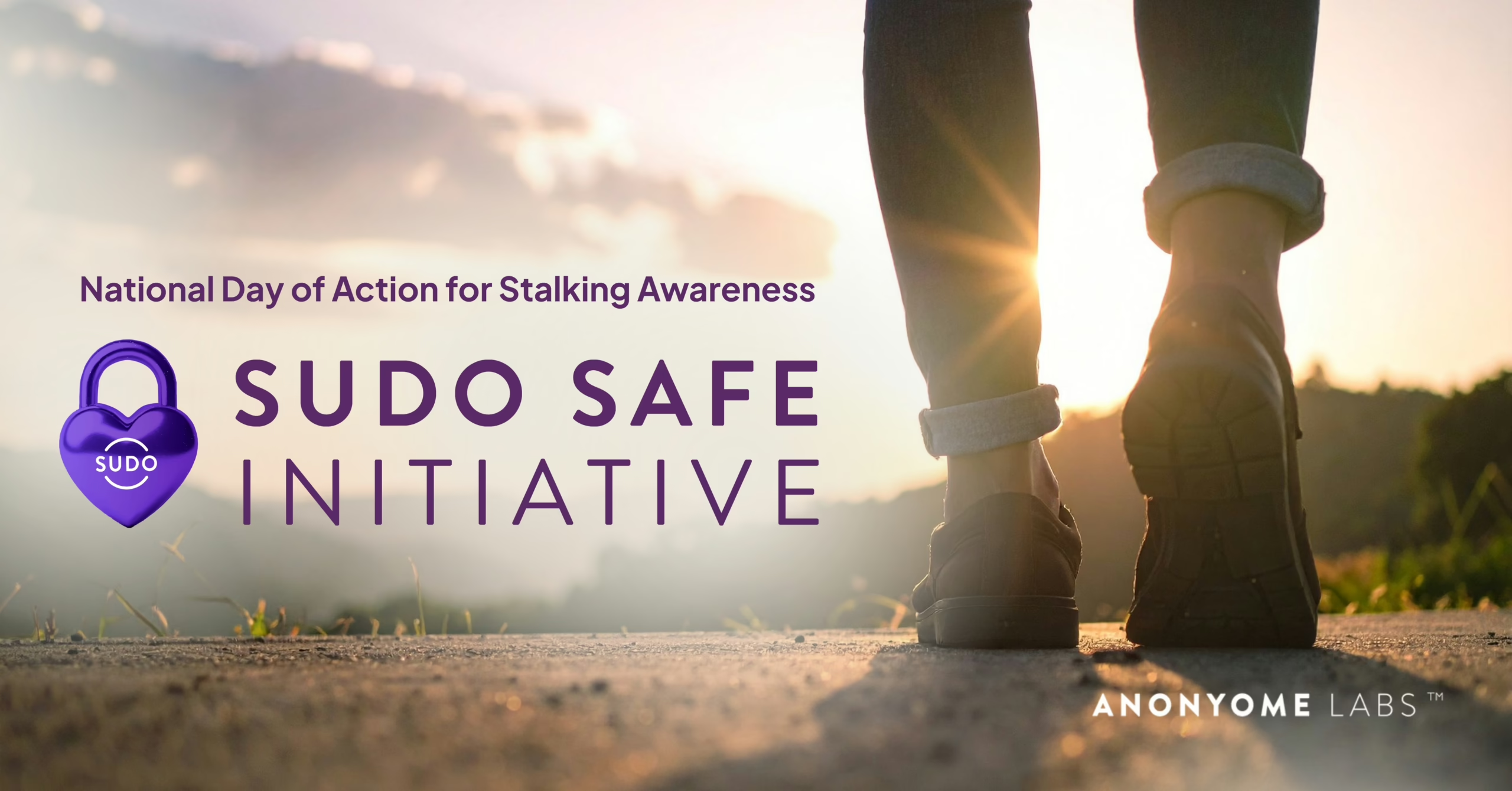“On average, a person in the US has their online activity and location exposed 747 times every day by the real-time bidding industry.”
When we read that, we thought: No wonder people love ad/tracker blockers once they’ve heard about them!
The quote comes from the Irish Council for Civil Liberties’ (ICCL) newly released report, The Biggest Data Breach: ICCL Report on the Scale of Real-Time Bidding Data Broadcasts in the U.S. and Europe.
Zooming out to include all people in the US and Europe, the ICCL report reveals:
“RTB is the biggest data breach ever recorded. It tracks and shares what people view online and their real-world location 294 billion times in the U.S. and 197 billion times in Europe every day.”
Apart from the shocking insights (and there are many), what’s interesting about the ICCL report is how it conflates RTB in the ad tech industry (think Google, the biggest user of RTB, Meta, Twitter et al.) with data breaches, usually the preserve of criminals plundering data stores to steal personal data for identity theft and credit card fraud. The ICCL makes this comparison based on its findings of dangerous uses of RTB data such as data being used for warrantless phone tracking, outing of a gay priest, profiling Black Lives Matter protesters, and potentially revealing the identity of sexual abuse survivors. Essentially, once the data is broadcast in RTB, there’s no control over where and how it might be used in the world.
In a damning summation, the ICCL concludes: “Real-time bidding (RTB) is a $117+ billion industry that operates behind the scenes on websites and apps. It tracks what you are looking at, no matter how private or sensitive, and it records where you go. Every day it broadcasts this data about you to a host of companies continuously, enabling them to profile you.”
What is real-time bidding?
Real-time bidding is an exchange that happens in the milliseconds before a web page loads. It automates the process of buying and selling ad space online and makes personalized ads possible. Real-time bidding works like an auction in that advertisers bid on available space on web pages and the space typically goes to the highest bidder. Go here for the exact steps in the RTB process.
Unsurprisingly, the process is fraught with significant data privacy issues:
- Hundreds of companies can participate in the RTB process and each company involved in the bidding can access the bid stream data even without bidding.
- Barriers to entry to these digital ad auctions are low, and while there are penalties for misusing bid stream data, simply parsing the data is still highly valuable to participants.
- Bid stream data can be harvested even without third party cookies so recent efforts by Apple and Google to ban them do nothing to mitigate the privacy risks.
- The bid stream data is usually anonymized but it’s relatively easy to match a user to their information.
- Data brokers package the bid stream data (particularly valuable location data) and sell it to other companies and even governments with little oversight—the key point of the US senators’ concerns who last year raised the national security risks of RTB.
Consumers are divided on whether they want personalized ads, essentially thinking that while personalization is improving the user experience, data abuse is growing.
What are ad/tracker blockers and how do they hinder RTB?
If the idea of having your often highly sensitive personal data collected, correlated and sold in order to direct the ads and social media content you get to see and influence your purchasing, political and other decisions, you can block sites tracking your activity with an ad/tracker blocker like the ones available by default in the MySudo private browsers.
Ad/tracker blockers block all the browser cookies that web sites use to track your online activity and send you customized ads, and leave only those cookies that sites need to function (e.g. to keep items you’ve selected in your shopping cart). And while Google getting rid of third party cookies (those placed by third parties that a web site uses to extract even more data about your activity) sounds noble, it doesn’t solve the user tracking problem, as we said.
The other activity that ad and tracker blockers block are network requests back to the ad tech sites. Without your browser being able to phone home to fetch ads, they can’t be shown to you.
(Incidentally, if you want to an extra layer of protection, you can add a VPN (virtual private network) which makes it even more difficult for sites and ad tech platforms to determine your network location, further disrupting what they think they know about you.)
Every MySudo monthly plan comes with built-in ad/tracker blockers in the MySudo private browser capabilities. Even our free starter plan, SudoFree, has 3 private browsers for use with each of the 3 Sudo digital identities so you can shield your online activity, search the internet without ads and pop-ups, and compartmentalize (silo) your online activity to powerfully protect your personal identity (name, phone number, address, SSN etc.) and browsing history online.
Understand the highly popular Sudo digital identity concept that is helping to combat the global attack on personal privacy and safety.
Download MySudo or upgrade to one of our monthly plans to unleash the full power of the all-in-one privacy app that lets you speak privately, browse privately and pay privately.



